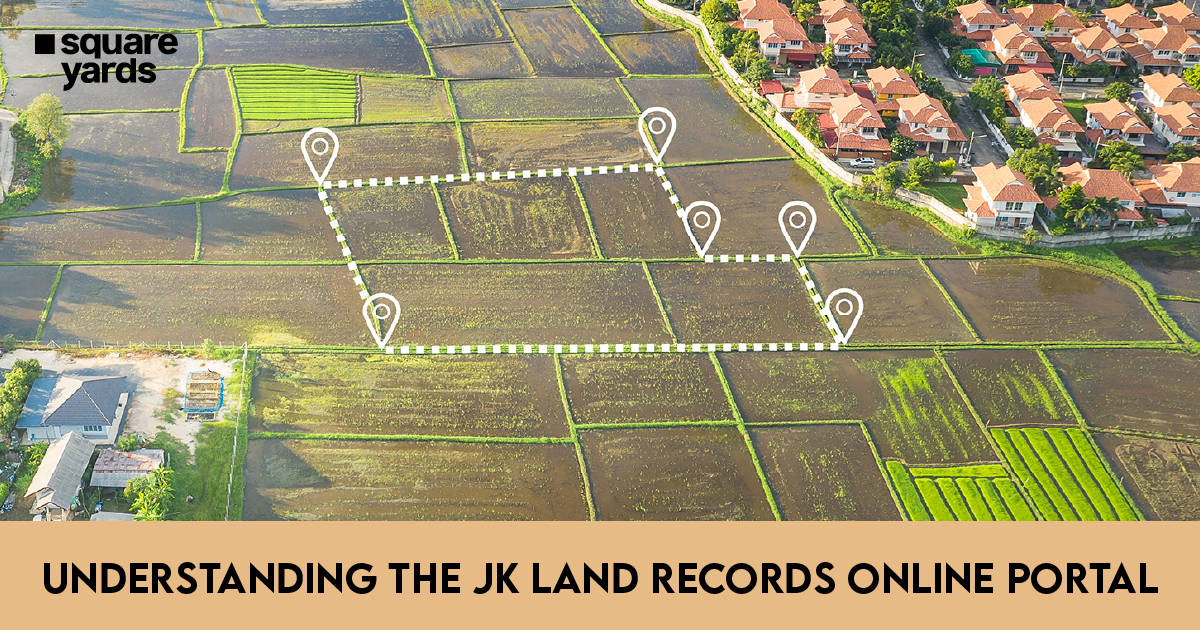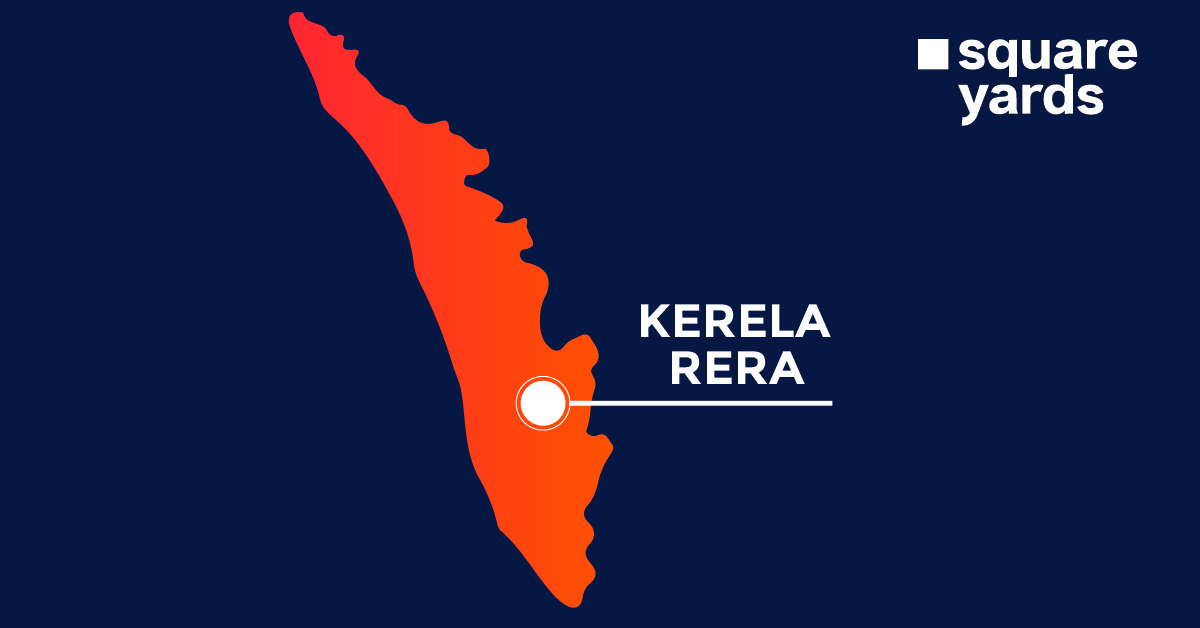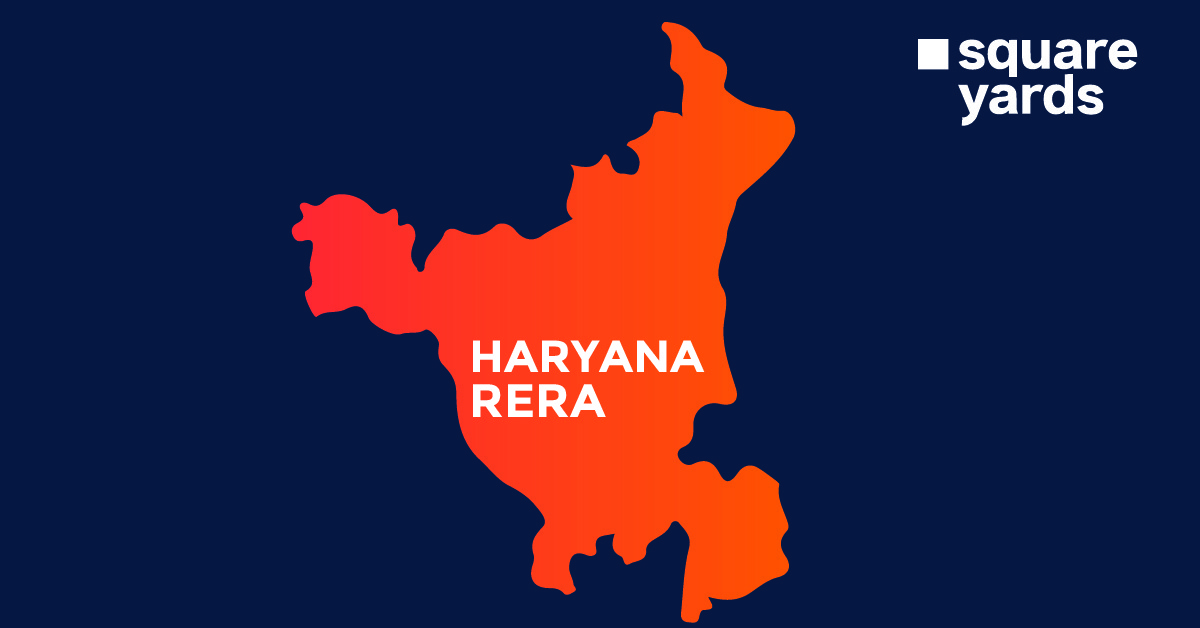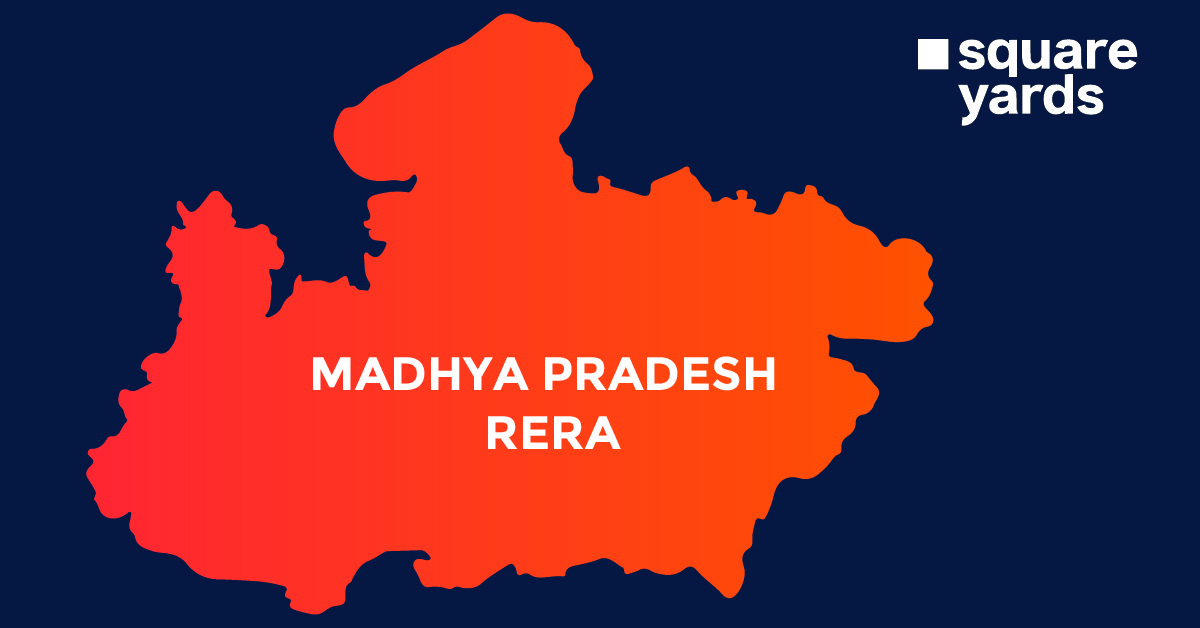Converting weight from one unit of measurement to another can seem a little tricky. Thanks to the use of smartphones, any information can be obtained with just a click online. The same applies to kg to ounces conversion online. If you are not so into online calculators, you might take a fancy to this amazing manual conversion of kg to ounces. We will first learn what kgs and ounces are and then look at the formula and some easy examples.
Table of contents
What is Kilogram?
A kilogram is a measurement unit used to measure the weight of an object/mass. It is a part of the International System of Units, and is denoted with the abbreviation “kg”. When used in commerce, engineering, or science, it can also be spelled as a kilogramme. In many countries, it is also called a “kilo”.
Kilogram in scientific terms based on the speed of light, the transition frequency of the atoms, and the Planck constant. Well, this sounds a little too complicated. However, we will only learn about the kilogram we use to weigh objects or items like rice, sugar, fruits, vegetables, etc.
Current Use of Kilogram
The kilogram has its importance in various fields like physics, chemistry, medicine, and engineering as it is a measurement unit for mass. In many countries, including India, the kilogram is also used to measure the weight of a human body. Also, every country across the globe uses kilogram as a measuring unit to know the weight of objects, and a lot of everyday items like fruits and vegetables, meat, pulses, books, metals, and a lot more.
History of Kilogram
When did the origin of the kilogram take place and when was it defined? Most of us do have questions like these, don’t we? Studies have shown that the kilogram was first defined in the year 1795, and it was then considered equivalent to the weight of a liter of water. Later, in 1799, it was re-defined as the unit to measure mass.
The basis of mass measurement lies in the balance. Before the use of electronic weighing machines, the mass/weight of an unknown object was calculated by comparing or balancing it with the weight/mass of a known object. That was how fruits or vegetables were weighed and are weighed even today in the country in some places. Hence, the SI unit to measure mass came to exist as “kilogram”.
What is Ounce?
An ounce is the unit of measurement used to calculate the volume, weight, or mass. Derived from “uncia”, a Latin word that means one-twelfth, one ounce is equivalent to 28.35 grams and a troy ounce is equal to 31.10 grams.
An ounce is a unit commonly used to weigh various packaged food, body weight, and groceries in both the US and the UK. Also, the ounce is the unit of measurement that is also used to measure the density of the fabric, mail, paper, boxing gloves, and more. It is frequently used to measure the weight of some precious metals like gold, silver, palladium, platinum, etc.
The symbol or the abbreviation used to denote an ounce is “oz”, and it is derived from the word “onza” which is both Spanish and Italian. 1 ounce is also known to be the smallest unit of all the measurements used and it can be equivalent to the weight of one bread slice.
Current Use of Ounces
As mentioned before, an ounce is the unit mostly used in the US and the UK to know the weight of food items and portions, and to determine the density of paper or boxing gloves. An ounce is mostly used for the measurement of dry ingredients but can also be used to weigh items like yogurt and honey. When mentioned in a recipe, an ounce is an accurate weight you need to use for a tasty dish.
History of Ounces
The word “ounce” was derived from the French word which was termed an ounce or unce. The abbreviated form was taken from “onza” which was a medieval Italian word. Studies have shown that the word was also inspired by “oncia” which is the present Italian word for ounce. The units that are commonly used in the US to measure weight and mass are ounces and grams. While the unit grams is used to measure mass, an ounce is used for the measurement of weight.
Relationship between Kilograms and Ounces
Though the units of ounce and kilogram are different, they are both used to measure mass and are put to use in many industries. Understanding the relationship between ounces and kilograms can be of help in day-to-day life as well. It not only helps during regular grocery shopping but helps when you need to buy materials for the house. Let us understand the relationship between kilograms and ounces using the below-mentioned formulas.
1 kilogram = 35.2739 ounces
1 ounce = 0.02834 kilograms
How to Convert Kilogram to Ounces?
Kilograms can be easily converted into ounces using an online calculator; however, it can be done by using a simple formula. To convert kgs to oz, the value of the kilogram needs to be divided by 0.0283495231. The result obtained after dividing will be the value in ounces.
Formula to Convert Kilogram to Ounces
The process of deriving the formula for Kilogram to Ounce is a simple form of calculation. The only thing that you need to keep in mind is the theory of mathematical expression.
Therefore, the formula to convert kg to oz is:
Ounce = Kilograms/0.0283495231
Kilogram to Ounces Conversion Example
Here are 10 examples extensively illustrating kilo to oz conversion for your understanding.
Example 1:
Convert 77 Kilogram to Ounce
Solution: After placing the unit of Ton into the formula above, the result will be
Ounce = 77 / 0.0283495231 = 2717.00776 Ounce
Therefore, 77 Kilogram is equal to 2717.00776 Ounce.
Example 2:
Convert 20 Kilogram to Ounce
Solution: After placing the unit of Ton into the formula above, the result will be
Ounce = 20 / 0.0283495231 = 705.7163 Ounce
Therefore, 20 Kilogram is equal to 705.7163 Ounce.
Example 3:
Convert 14 Kilogram to Ounce
Solution: After placing the unit of Ton into the formula above, the result will be
Ounce = 14 / 0.0283495231 = 494.0014 Ounce
Therefore, 14 Kilogram is equal to 494.0014 Ounce.
Example 4:
Convert 83 Kilogram to Ounce
Solution: After placing the unit of Ton into the formula above, the result will be
Ounce = 83 / 0.0283495231 = 3547.0085 Ounce
Therefore, 83 Kilogram is equal to 3547.0085 Ounce.
Example 5:
Convert 98 Kilogram to Ounce
Solution: After placing the unit of Ton into the formula above, the result will be
Ounce = 98 / 0.0283495231 =3458.0098 Ounce
Therefore, 98 Kilogram is equal to 3458.0098 Ounce.
Example 6:
Convert 29 Kilogram to Ounce
Solution: After placing the unit of Ton into the formula above, the result will be
Ounce = 29 / 0.0283495231 = 1023.288 Ounce
Therefore, 29 Kilogram is equal to 1023.288 Ounce.
Example7:
Convert 24 Kilogram to Ounce
Solution: After placing the unit of Ton into the formula above, the result will be
Ounce = 24 / 0.0283495231 = 846.8595 Ounce
Therefore, 24 Kilogram is equal to 846.8595 Ounce.
Example 8:
Convert 42 Kilogram to Ounce
Solution: After placing the unit of Ton into the formula above, the result will be
Ounce = 42 / 0.0283495231 = 1482.00423 Ounce
Therefore, 42 Kilogram is equal to 1482.00423 Ounce.
Example 9:
Convert 33 Kilogram to Ounce
Solution: After placing the unit of Ton into the formula above, the result will be
Ounce = 33 / 0.0283495231 = 1164.4319 Ounce
Therefore, 33 Kilogram is equal to 1164.4319 Ounce.
Example10:
Convert 2 Kilogram to Ounce
Solution: After placing the unit of Ton into the formula above, the result will be
Ounce = 2 / 0.0283495231 = 70.5716302 Ounce
Therefore, 2 Kilogram is equal to 70.5716302 Ounce.
Don’t miss It!
| Feet to Meter | Feet to Meters Conversion: Conversion Table, Examples |
| Feet to Centimeter | How to Convert Feet to Centimeter: Formula & Examples |
| Inch to Microinch | How to Convert Inch to Microinch: Formula & Examples |
| Cent to Square Feet | How to Convert Cent to Square Feet: Formula & Examples |
| Ton to Kilogram | How to Convert Ton to Kilogram: Formula & Examples |
| Cubic Meter to Liter | How to Convert Cubic Meter to Liter: Formula & Examples |
| Cent to Square Meter | How to Convert cent to sq m: Formula & Examples |
| Meters to Feet | How to Convert Meters to Feet: Formula & Examples |
Kilograms to Ounces Conversion Table
Here’s an elaborate conversion table to ease your kg to oz calculations.
| Kilogram | Ounces | Kilogram to Ounces Conversion |
| 1 kg | 35.27392 oz | 1 kg is equal to 35.27392 oz |
| 2 kg | 70.54784 oz | 2 kg is equal to 70.54784 oz |
| 3 kg | 105.82176 oz | 3 kg is equal to 105.82176 oz |
| 4 kg | 141.09568 oz | 4 kg is equal to 141.09568 oz |
| 5 kg | 176.3696 oz | 5 kg is equal to 176.3696 oz |
| 6 kg | 211.64352 oz | 6 kg is equal to 211.64352 oz |
| 7 kg | 246.91744 oz | 7 kg is equal to 246.91744 oz |
| 8 kg | 282.19136 oz | 8 kg is equal to 282.19136 oz |
| 9 kg | 317.46528 oz | 9 kg is equal to 317.46528 oz |
| 10 kg | 352.7392 oz | 10 kg is equal to 352.7392 oz |
| 11 kg | 388.01312 oz | 11 kg is equal to 388.01312 oz |
| 12 kg | 423.28704 oz | 12 kg is equal to 423.28704 oz |
| 13 kg | 458.56096 oz | 13 kg is equal to 458.56096 oz |
| 14 kg | 493.83488 oz | 14 kg is equal to 493.83488 oz |
| 15 kg | 529.1088 oz | 15 kg is equal to 529.1088 oz |
| 16 kg | 564.38272 oz | 16 kg is equal to 564.38272 oz |
| 17 kg | 599.65664 oz | 17 kg is equal to 599.65664 oz |
| 18 kg | 634.93056 oz | 18 kg is equal to 634.93056 oz |
| 19 kg | 670.20448 oz | 19 kg is equal to 670.20448 oz |
| 20 kg | 705.4784 oz | 20 kg is equal to 705.4784 oz |
| 21 kg | 740.75232 oz | 21 kg is equal to 740.75232 oz |
| 22 kg | 776.02624 oz | 22 kg is equal to 776.02624 oz |
| 23 kg | 811.30016 oz | 23 kg is equal to 811.30016 oz |
| 24 kg | 846.57408 oz | 24 kg is equal to 846.57408 oz |
| 25 kg | 881.848 oz | 25 kg is equal to 881.848 oz |
| 26 kg | 917.12192 oz | 26 kg is equal to 917.12192 oz |
| 27 kg | 952.39584 oz | 27 kg is equal to 952.39584 oz |
| 28 kg | 987.66976 oz | 28 kg is equal to 987.66976 oz |
| 29 kg | 1022.94368 oz | 29 kg is equal to 1022.94368 oz |
| 30 kg | 1058.2176 oz | 30 kg is equal to 1058.2176 oz |
| 31 kg | 1093.49152 oz | 31 kg is equal to 1093.49152 oz |
| 32 kg | 1128.76544 oz | 32 kg is equal to 1128.76544 oz |
| 33 kg | 1164.03936 oz | 33 kg is equal to 1164.03936 oz |
| 34 kg | 1199.31328 oz | 34 kg is equal to 1199.31328 oz |
| 35 kg | 1234.5872 oz | 35 kg is equal to 1234.5872 oz |
| 36 kg | 1269.86112 oz | 36 kg is equal to 1269.86112 oz |
| 37 kg | 1305.13504 oz | 37 kg is equal to 1305.13504 oz |
| 38 kg | 1340.40896 oz | 38 kg is equal to 1340.40896 oz |
| 39 kg | 1375.68288 oz | 39 kg is equal to 1375.68288 oz |
| 40 kg | 1410.9568 oz | 40 kg is equal to 1410.9568 oz |
| 41 kg | 1446.23072 oz | 41 kg is equal to 1446.23072 oz |
| 42 kg | 1481.50464 oz | 42 kg is equal to 1481.50464 oz |
| 43 kg | 1516.77856 oz | 43 kg is equal to 1516.77856 oz |
| 44 kg | 1552.05248 oz | 44 kg is equal to 1552.05248 oz |
| 45 kg | 1587.3264 oz | 45 kg is equal to 1587.3264 oz |
| 46 kg | 1622.60032 oz | 46 kg is equal to 1622.60032 oz |
| 47 kg | 1657.87424 oz | 47 kg is equal to 1657.87424 oz |
| 48 kg | 1693.14816 oz | 48 kg is equal to 1693.14816 oz |
| 49 kg | 1728.42208 oz | 49 kg is equal to 1728.42208 oz |
| 50 kg | 1763.696 oz | 50 kg is equal to 1763.696 oz |
| 55 kg | 1940.0656 oz | 55 kg is equal to 1940.0656 oz |
| 60 kg | 2116.4352 oz | 60 kg is equal to 2116.4352 oz |
| 65 kg | 2292.8048 oz | 65 kg is equal to 2292.8048 oz |
| 70 kg | 2469.1744 oz | 70 kg is equal to 2469.1744 oz |
| 75 kg | 2645.544 oz | 75 kg is equal to 2645.544 oz |
| 80 kg | 2821.9136 oz | 80 kg is equal to 2821.9136 oz |
| 85 kg | 2998.2832 oz | 85 kg is equal to 2998.2832 oz |
| 90 kg | 3174.6528 oz | 90 kg is equal to 3174.6528 oz |
| 95 kg | 3351.0224 oz | 95 kg is equal to 3351.0224 oz |
| 100 kg | 3527.392 oz | 100 kg is equal to 3527.392 oz |
| 105 kg | 3703.7616 oz | 105 kg is equal to 3703.7616 oz |
| 110 kg | 3880.1312 oz | 110 kg is equal to 3880.1312 oz |
| 115 kg | 4056.5008 oz | 115 kg is equal to 4056.5008 oz |
| 120 kg | 4232.8704 oz | 120 kg is equal to 4232.8704 oz |
| 125 kg | 4409.24 oz | 125 kg is equal to 4409.24 oz |
| 130 kg | 4585.6096 oz | 130 kg is equal to 4585.6096 oz |
| 135 kg | 4761.9792 oz | 135 kg is equal to 4761.9792 oz |
| 140 kg | 4938.3488 oz | 140 kg is equal to 4938.3488 oz |
| 145 kg | 5114.7184 oz | 145 kg is equal to 5114.7184 oz |
| 150 kg | 5291.088 oz | 150 kg is equal to 5291.088 oz |
| 155 kg | 5467.4576 oz | 155 kg is equal to 5467.4576 oz |
| 160 kg | 5643.8272 oz | 160 kg is equal to 5643.8272 oz |
| 165 kg | 5820.1968 oz | 165 kg is equal to 5820.1968 oz |
| 170 kg | 5996.5664 oz | 170 kg is equal to 5996.5664 oz |
Difference Between Kilogram and Ounces
Though both units of measurement are used to calculate the weight of the objects, they do have their differences. An ounce is much smaller than a kilogram, and a kg is approximately 35 times bigger than an ounce. The ounce is majorly used in the US and the UK, where the kilogram is used worldwide.
Frequently Asked Questions
How to calculate kilograms to ounces?
To calculate kg to ounces, you simply need to divide the value of kilograms by 0.02834. The result that you get after this calculation will be in ounces.1
What is the formula for converting kilograms to ounces?
The formula used as a kg to ounces converter is: Ounce = Kilograms/ 0.02834.
How many ounces in 1 kilogram?
35.2739619 ounces is equivalent to 1 kilogram.
How many kilograms in 1 ounce?
0.02834952313 kilograms are equivalent to 1 ounce.
What are kilograms and ounces used for?
An ounce is used to determine the weight of packaged foods & food portions, measure postal items, the density of a fabric or paper, boxing gloves, and sometimes is used in the Anglosphere.
A kilogram is the standard unit used in various fields such as products, business, engineering, science, and weight measurement worldwide. You will also see individuals calling it a kilo in their daily life
































